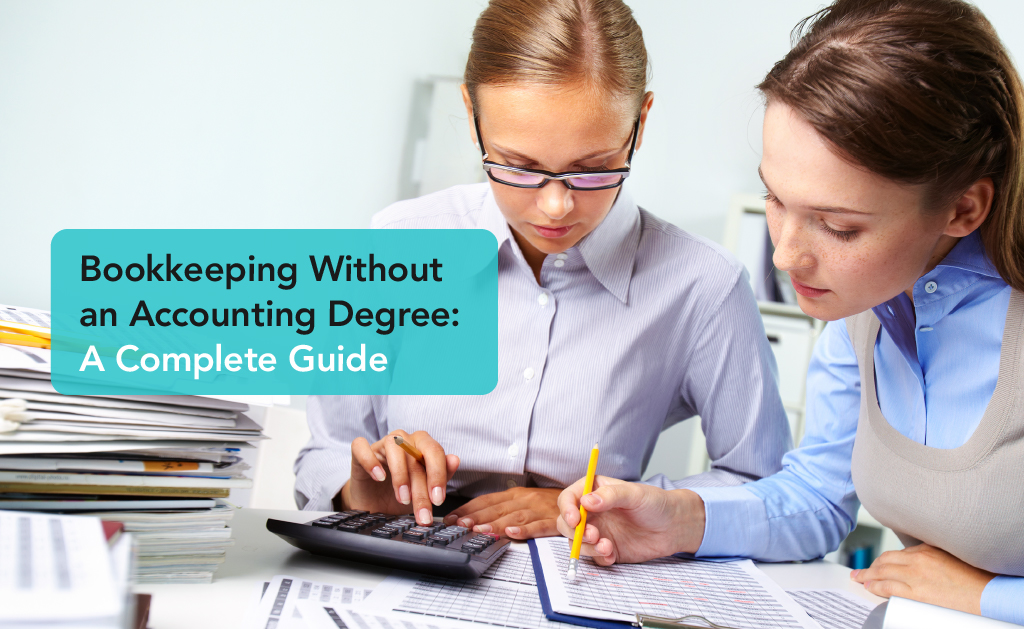
If you’re running a small business or working as a freelancer, you’re probably aware of the importance of keeping track of your finances. While bookkeeping is an essential aspect of managing them, many people are intimidated by the prospect of doing it themselves, especially if they don’t have an accounting degree. However, with the right tools and resources, anyone can learn to manage their bookkeeping effectively. In this article, we’ll show you how to do bookkeeping without an accounting degree.
While online bookkeeping courses can surely give you a complete, working knowledge of what bookkeeping entails, this article can provide you with a complete overview of it sufficient enough to get into a conversation about the discipline.
What is Bookkeeping?
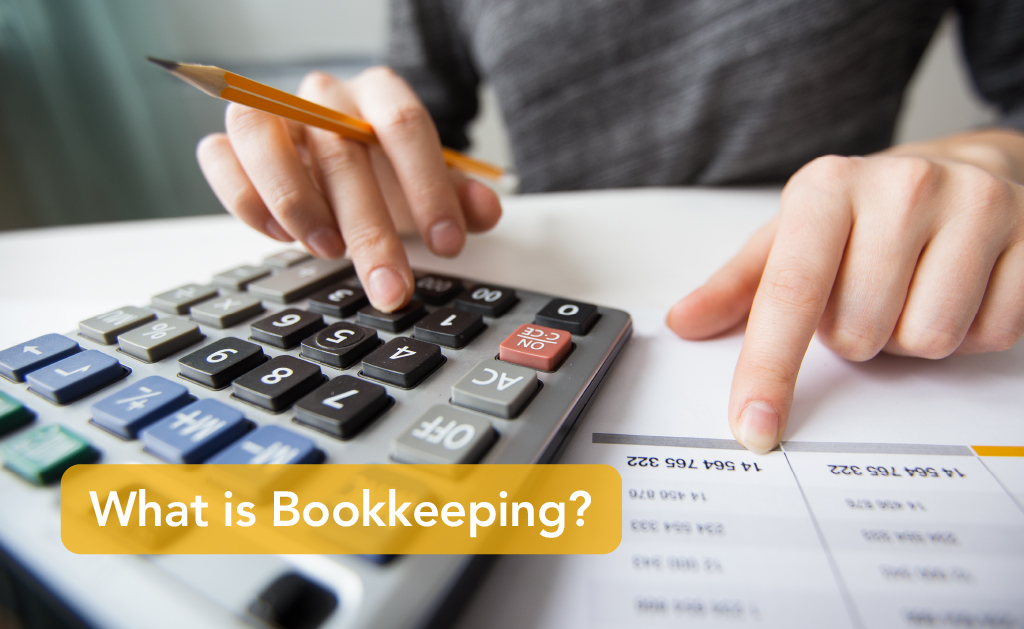
Before we dive into the details of bookkeeping, let’s start with the basics. Bookkeeping is the process of recording and organising financial transactions. These transactions can include sales, purchases, receipts, and payments.
The goal of bookkeeping is to ensure that your financial records are accurate and up-to-date, which is crucial for making informed business decisions.
What Does a Bookkeeper Do?
A bookkeeper is responsible for recording, organising, and maintaining a company’s financial transactions. They record every financial transaction, including sales, purchases, receipts, and payments.
Bookkeepers are also responsible for reconciling bank statements, generating financial reports, and maintaining an accurate chart of accounts.
What Qualifications Do You Need to be a Bookkeeper?

There are no strict qualifications required to become a bookkeeper, but some education or training in accounting or bookkeeping can be helpful.
Many bookkeepers have a university degree in accounting, finance, or business administration. However, you can become a bookkeeper through on-the-job training, tafe courses, or online bookkeeping courses.
Why Do You Need to Do Bookkeeping?
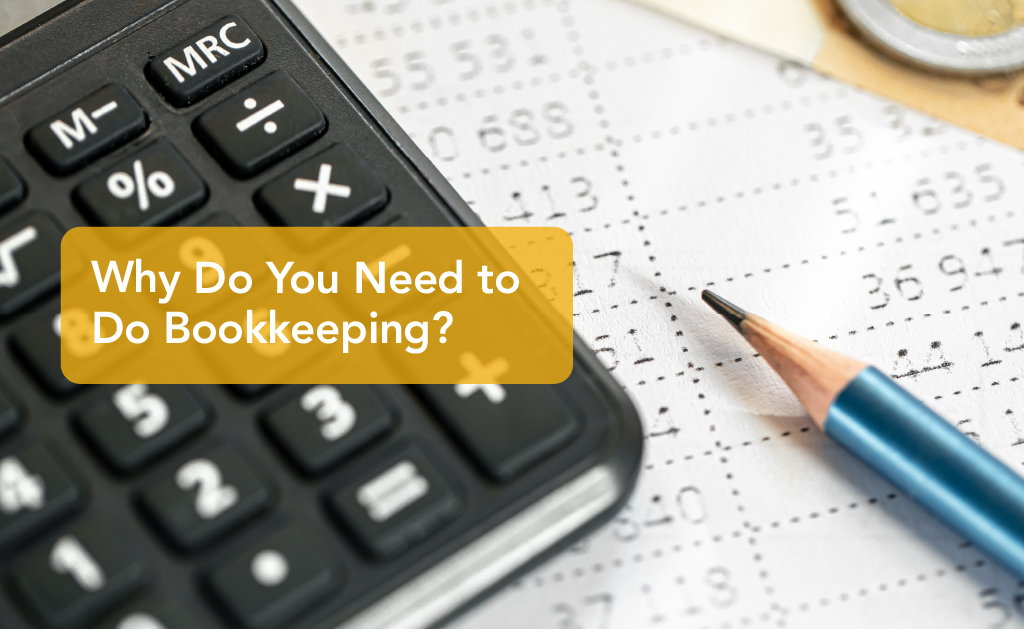
Bookkeeping is essential for several reasons.
Firstly, it’s a legal requirement in most countries to keep accurate financial records. Failure to do so can result in fines or legal action.
Secondly, bookkeeping provides you with the information you need to make reliable business decisions. By keeping track of your income and expenses, you can identify areas where you can cut costs, increase revenue, or make investments.
Finally, bookkeeping helps you stay on top of your taxes. By keeping accurate records, you can ensure that you pay the right amount of tax and avoid any penalties or fines.
The Basic Principles of Bookkeeping
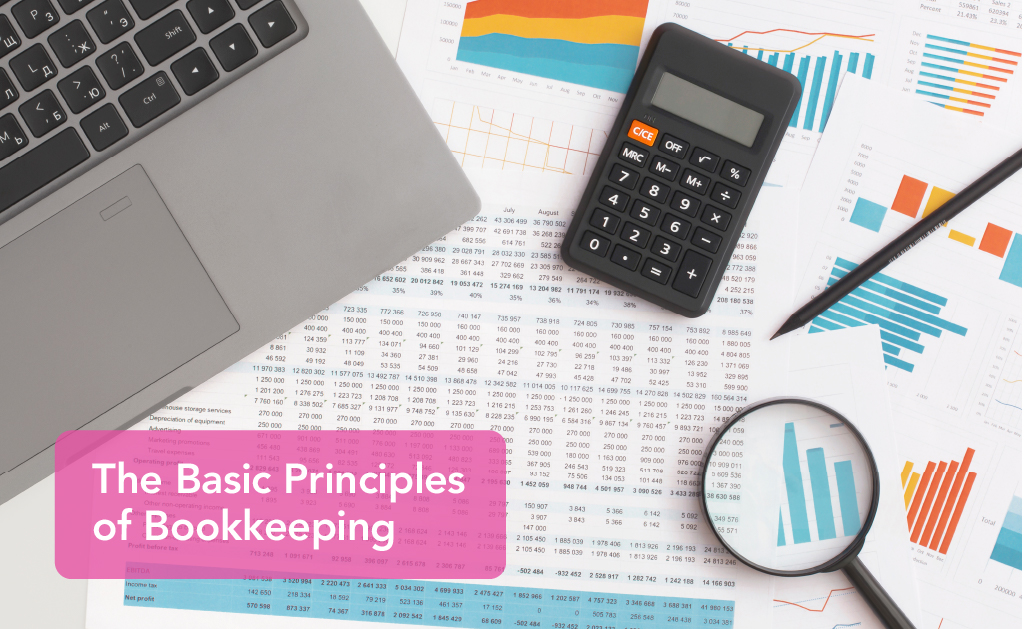
There are several basic principles of bookkeeping you should be aware of:
The Accounting Equation
The accounting equation is the foundation of bookkeeping. It states that assets equal liabilities plus equity. This means that the value of everything your business owns (assets) equals what it owes to others (liabilities) plus what’s left over for you (equity). This equation must balance at all times.
Double-Entry Bookkeeping
Double-entry bookkeeping is a method of bookkeeping that records each transaction twice, as both a debit and a credit. This ensures that the accounting equation is always balanced. For example, if you purchase a new computer for your business for $1,000, you would record a debit of $1,000 in your computer asset account and a credit of $1,000 in your accounts payable liability account.
Chart of Accounts
A chart of accounts is a list of all the accounts used in your bookkeeping system. Each account represents a different type of transaction, such as sales, expenses, or assets. A well-organised chart of accounts makes it easier to manage your bookkeeping.
Accrual Accounting
Accrual accounting is a method of bookkeeping that records transactions when they occur, rather than when the money changes hands. This means that you record income and expenses as soon as they’re incurred, regardless of when the payment is received or made. Accrual accounting provides a more accurate picture of your business’s financial health.
Tools for bookkeeping
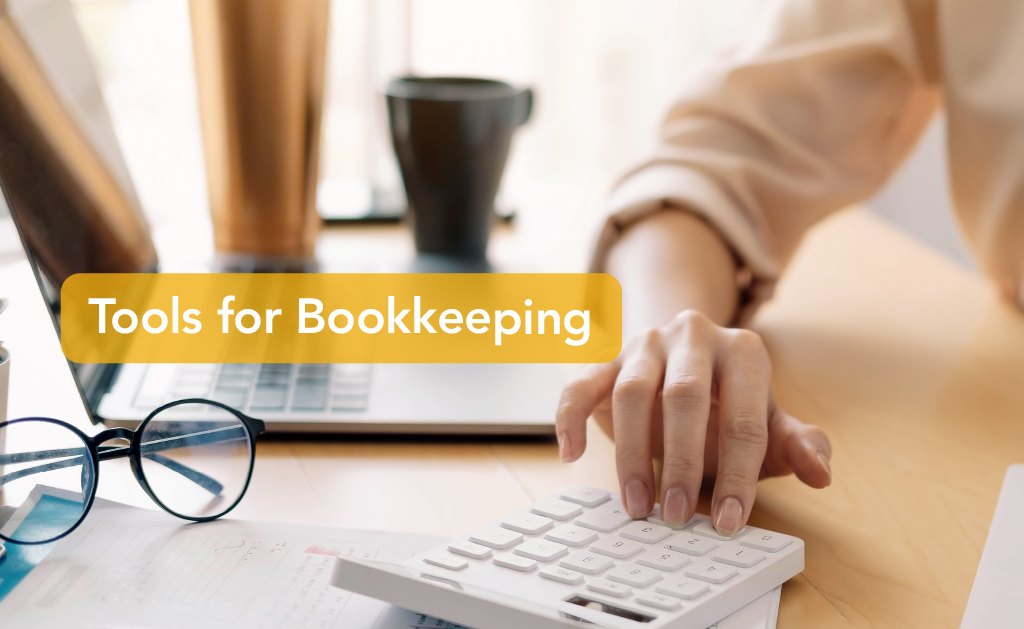
There are several tools available to help you manage your bookkeeping. Here are some of the most popular:
Spreadsheet Software
Spreadsheet software like Microsoft Excel or Google Sheets can be used to create a simple bookkeeping system. You can create a separate sheet for each account in your chart of accounts and record transactions as they occur. This method requires manual data entry and can be time-consuming, but it’s a cost-effective solution for small businesses.
Accounting Software
Accounting software like QuickBooks or Xero is a more automated solution. These tools can import bank transactions and automatically categorize them based on your chart of accounts. You can also generate financial reports, track expenses, and send invoices directly from the software. Accounting software can be more expensive than spreadsheet software, but it’s worth the investment for businesses with more complex bookkeeping needs.
Bookkeeping Services
If you don’t have the time or expertise to manage your bookkeeping, you can hire a bookkeeping service to do it for you. These services can provide everything from basic data entry to full-service bookkeeping, including financial analysis and tax preparation. While bookkeeping services can be expensive, they can save you time and provide peace of mind knowing that your finances are in order.
Is a Bookkeeper Better Than An Accountant?
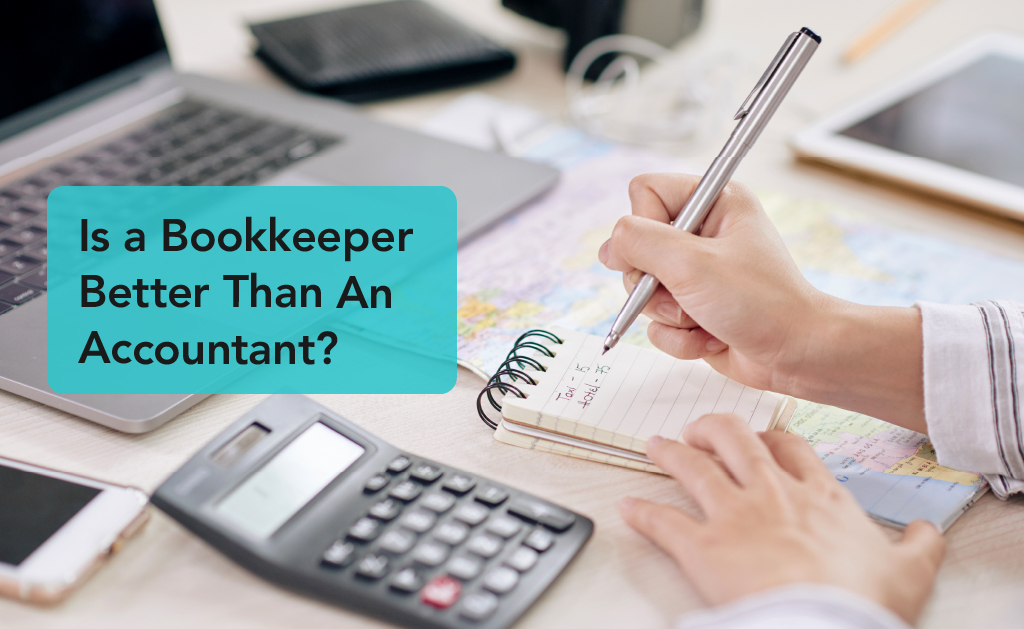
Bookkeepers and accountants have different roles in managing a company’s finances. Bookkeepers are responsible for recording financial transactions, while accountants are responsible for analysing and interpreting financial data. Both roles are important, and it’s not a matter of one being better than the other. They work together to ensure that a company’s finances are accurate and up-to-date.
Bookkeeping vs Accounting: What’s the Difference?
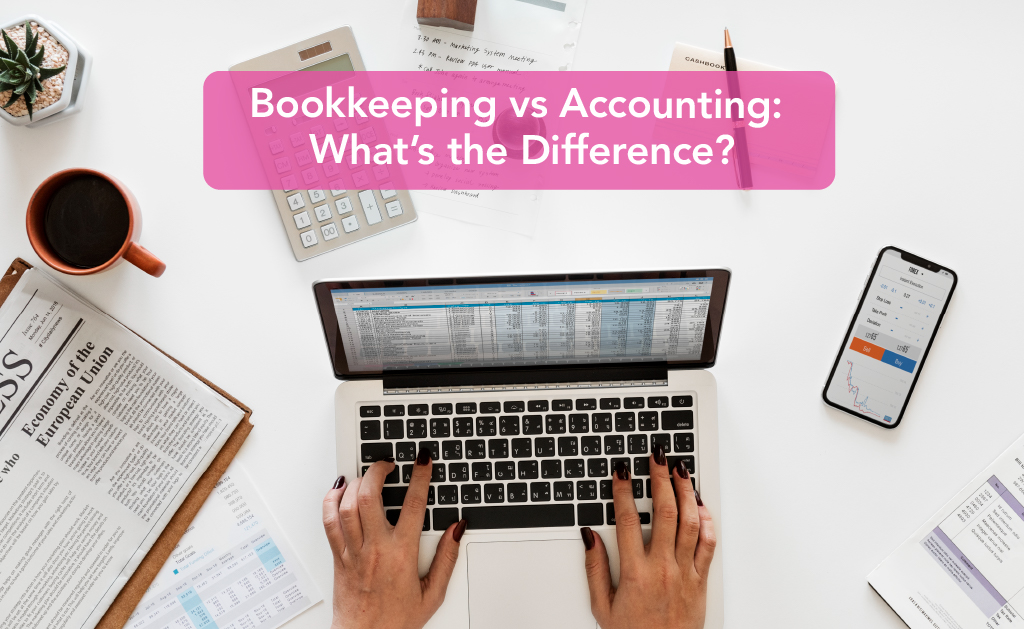
Bookkeeping is the process of recording and organising financial transactions, while accounting involves analysing and interpreting financial data. Bookkeepers are responsible for recording financial transactions, maintaining accurate records, and reconciling bank statements. Accountants are responsible for analysing financial data, preparing financial statements, and providing financial advice to businesses.
Do you Need to Have a Degree in Accounting to Become a Bookkeeper?
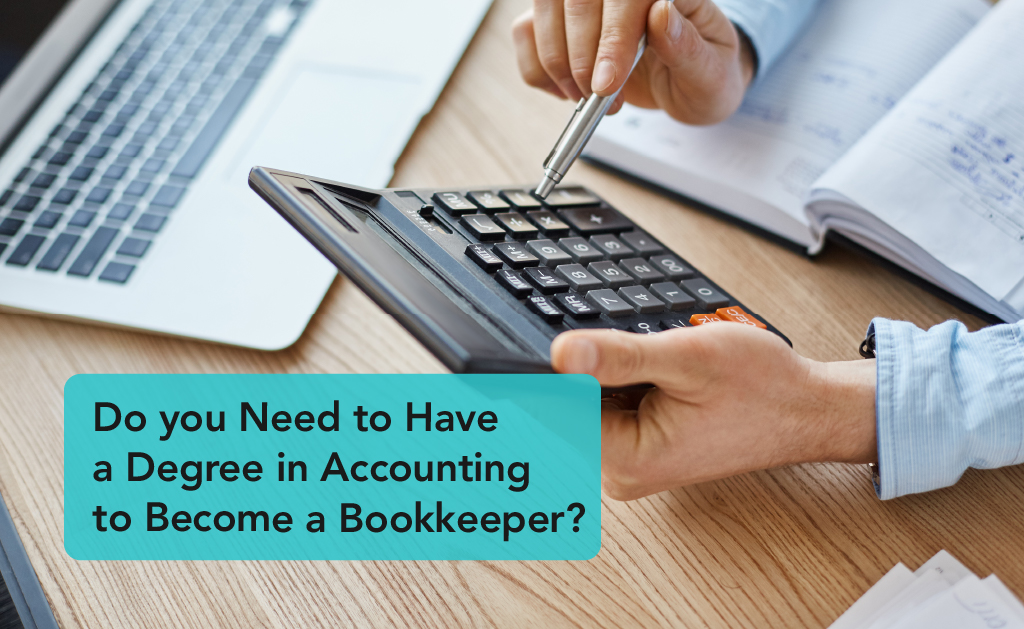
No, you don’t need a degree in accounting to become a bookkeeper. Many bookkeepers have a university degree in accounting, finance, or business administration, but it’s not a strict requirement. You can become a bookkeeper through on-the-job training, tafe courses, or online bookkeeping programs.
The Takeaway
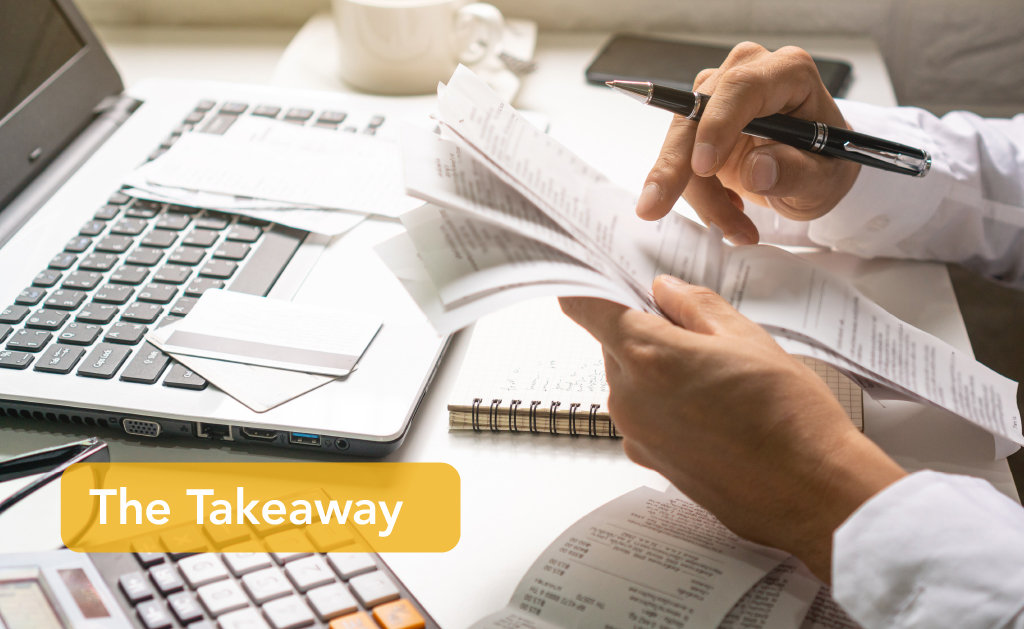
Bookkeeping is an essential aspect of managing your business’s finances, but it doesn’t require an accounting degree. With the right tools and resources, anyone can learn to manage their bookkeeping effectively. Remember the basic principles of bookkeeping, choose the right tools for your business, and follow our tips for successful bookkeeping. By doing so, you can ensure that your finances are accurate, and up-to-date, and provide the information you need to make better business decisions.
Want to learn more about bookkeeping? Signup for a bookkeeping course with Careers Collectiv!